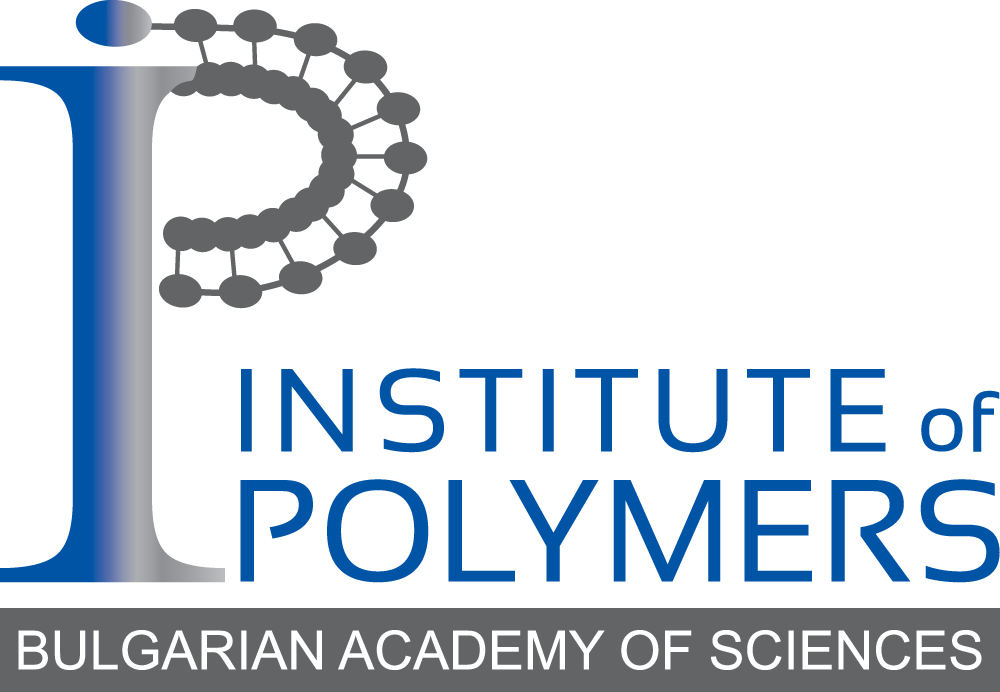
Project New approaches for lignocellulosic biomass utilization towards chemical products and materials for smart and green development
Project KP-06-OPR 01/2:
Coordinator:
Assoc. Prof. Svilen Simeonov
Base organization:
Institute of Organic Chemistry with Centre of Phytochemistry – Bulgarian Academy of Sciences
Partner organizations:
Institute of Polymers – Bulgarian Academy of Sciences
Team leader:
Prof. Petar Petrov
Start:
14 December 2018
Duration:
36 months
Summary:
The modern society faces major economic and environmental challenges related to over-exploitation of natural resources. In this regard, the shift towards bioeconomy and the use of biorenewable raw materials will play an important role for long-term, smart and environmentally friendly economic growth. Strengthening the bio-economy at national and European level can support and stimulate economic growth and employment, reduce dependence on fossil fuels and improve the sustainability of the production patterns. The importance of the biomass as a major source of renewable carbon for the bio-economy is recognized and the need for research related with its utilization is outlined in a number of EU and Bulgaria’s strategic documents, including ISIS. Among other possibilities, lignocellulosic biomass is the most abundant in the nature, has no nutritional value and is available from agricultural and forest waste, thus is nowadays considered the most promising feedstock to replace the fossils. Furfural and its derivative furfuryl alcohol are among the major products available in large quantities from the processing of lignocellulosic biomass and a number of technologies for their production from waste biomass are industrialized. Therefore, their processing into final chemical entities is of great interest for the scientific community and is a topic with a rapidly increasing annual number of publications worldwide.
In this project, the production of valuable chemical products from furfuryl alcohol through Achmatowicz reaction in the presence of new heterogeneous catalysts will be considered as a new approach to biorefinery and development of chemical technologies for sustainable development. The envisaged studies will focus on developing new methods for Achmatowicz reaction, as well as further transformations of the resulting intermediates into products with visible practical applications such as monomers, solvents and biofuels. In order to achieve these objectives, a wide range of new, selective catalysts based on nanoparticulate metal oxides and hierarchical zeolites will be developed and characterized. This will allow individual approaches and the development of environmentally benning methods with visible application. Some of the produced final products will be used for polymerization towards production and characterize of new materials such as hydrogels and biodegradable polyesters.



